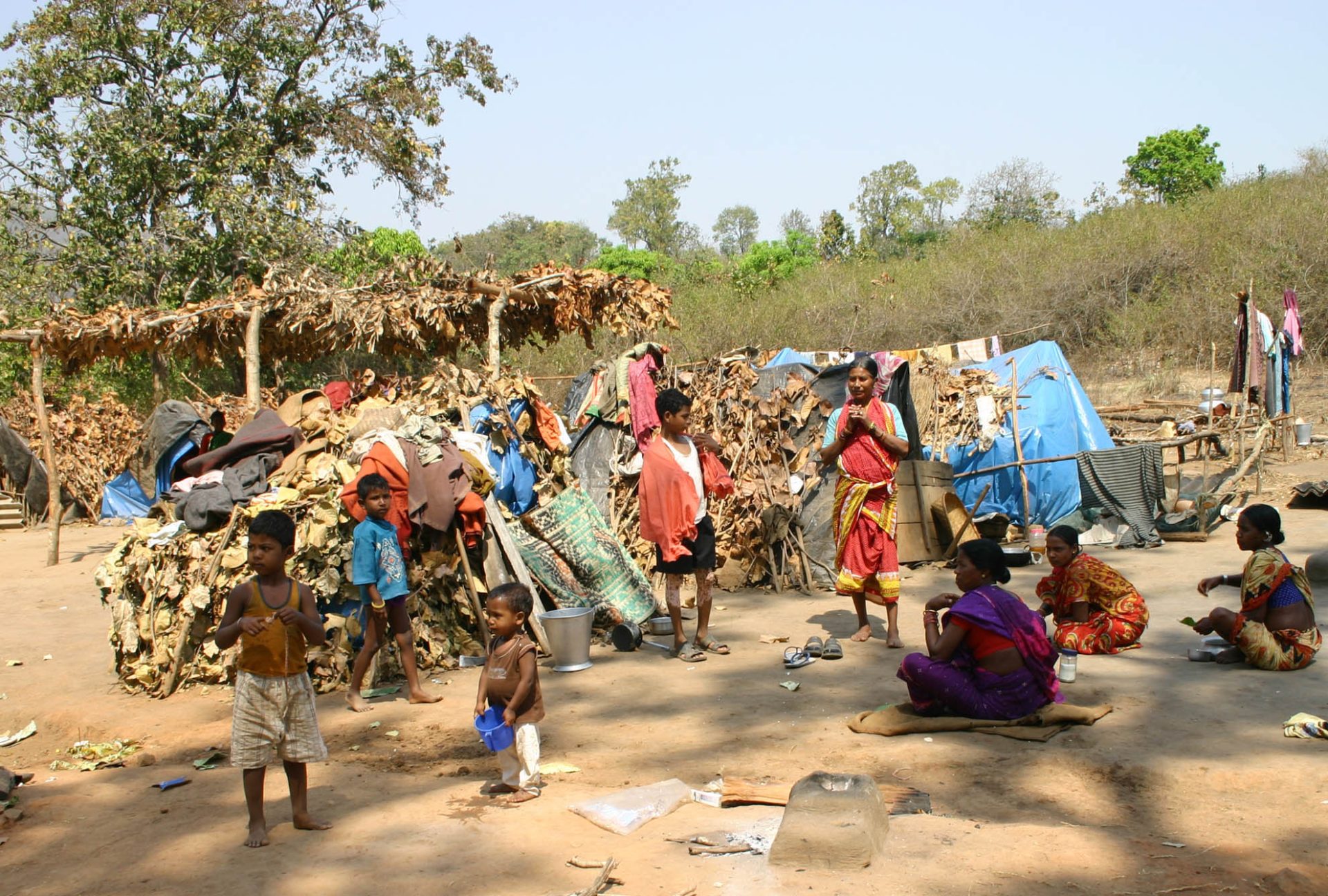“They burned our people, our houses, our churches, but the fire of the Holy Spirit filled our people with a burning love for Jesus and the Church,” Archbishop John Barwa of Cuttack-Bhubaneswar had recounted concerning the Christian persecution in India’s Odisha state’s Kandhamal district.
Four years after this assertion by the prelate, journalist and author Anto Akkara has substantiated his claim with the release of a documentary titled “Good News of Kandhamal,” which highlights the incredible Christian witness within the district.
Akkara stated, “What Kandhamal witnessed in 2008 was a terrible tragedy that left around 100 people dead, thousands injured, over 300 churches and institutions destroyed, and more than 56,000 people displaced.”
Christian individuals were coerced to renounce their faith. Those who resisted were subjected to brutal attacks. To protect themselves and their beliefs, thousands fled into the forests where many perished due to starvation and snakebites.
However, the resilient Christians of Kandhamal, though poor, have transformed this ordeal into what Akkara calls “Good News.” Akkara, a dedicated chronicler of the Kandhamal violence and its aftermath with five books and six short films, was presenting his latest documentary on the remarkable Christian witness of Kandhamal in New Delhi on August 23, coinciding with the 15th anniversary of the communal violence that followed the killing of Hindu seer Swami Lakshmanananda Saraswati.
While the banned Maoist rebels claimed responsibility for the seer’s assassination, Hindus held Christians accountable, leading to assaults on them.
Despite the perpetrators escaping justice, numerous innocent and uneducated Christians were incarcerated. Akkara, who played a pivotal role in a protracted legal battle to secure their release on bail, recounts this.
“Kandhamal is no longer solely a tragedy but a reason for Christians everywhere to celebrate, as the assailants failed to coerce any Christian into renouncing their faith. On the contrary, hundreds of Hindus, even fundamentalists, have converted to Christianity,” Akkara emphasized.
Archbishop Barwa revealed that the district has contributed many vocations. “In almost every religious congregation in India, there is at least one religious priest or sister from Kandhamal, or a seminarian and novice/candidate,” he said.
Human rights advocate and veteran journalist John Dayal praised Akkara for his unwavering commitment to justice for Kandhamal over the years. “Justice remains incomplete until the convictions of the seven innocent Christians are overturned by the high court,” Dayal said, as he remains involved in a national campaign for Kandhamal’s justice.
Pastor Sudhakar Pawar, a Professor at Caleb Institute and one of the three panelists, coordinated house construction for the homeless through Christian networks such as the Evangelical Fellowship of India. He acknowledged the challenges of aiding Kandhamal during that period.
Annie Raja, a prominent woman activist and the general secretary of the National Federation of Indian Women, lauded Akkara’s work, saying, “I am at a loss for words to describe what Anto (Akkara) has presented today.”
“I commend him for his unrelenting campaigns for the people of Kandhamal, acting as a one-man army,” she added.
Raja recounted her own challenging experiences in Kandhamal three weeks into the turmoil, mentioning an encounter at a reconversion ceremony where she narrowly escaped an attack.
She also shared the memory of providing refuge to a traumatized nun who had been assaulted, and whose testimony was recorded at her house during a press conference to expose the cover-up.
All three panelists – Dayal, Pastor Pawar, and Raja – who joined Akkara at the documentary release, had personal connections to Kandhamal.
The program concluded with participants gathering in front of the Sacred Heart Cathedral, holding candles to commemorate the martyrs of Kandhamal’s courageous Christians.
According to the 2011 Census, Christians comprise 148,895 of the total population of 733,110 in Kandhamal. Among them, 115,544 are Scheduled Castes, and 392,820 are Scheduled Tribes.
